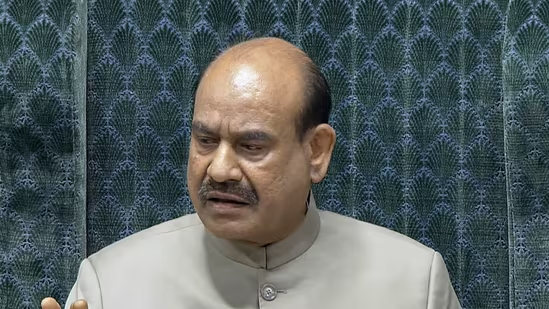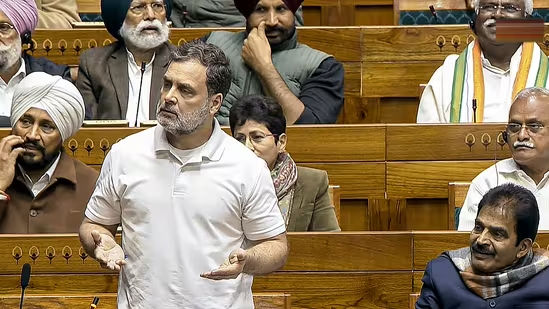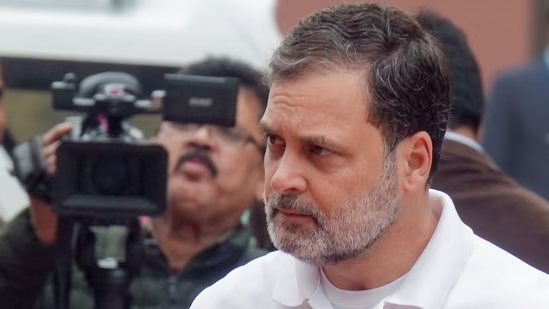The Washington-based global lender signed a Stand-by Agreement with Pakistan at the end of June to provide the country with a short-term loan for a period of nine months.
Islamabad: The IMF has said that the recently approved USD 3 billion loan programme will provide much-needed relief for Pakistan as it would anchor the cash-starved country’s immediate efforts to stabilise its economy and ensure that the current balance of payments needs was fulfilled, a media report said on Friday.
The Washington-based global lender signed a Stand-by Agreement with Pakistan at the end of June to provide the country with a short-term loan for a period of nine months.
The IMF’s executive board formally approved the USD 3 billion bailout programme on Wednesday.
The board approved the bailout package for the country for an amount of USD 2.25 billion Special Drawing Rights (SDRs) – reserve funds that the institution credits to the accounts of its member nations, the IMF had said in a statement, adding that this amounts to about USD 3 billion, or 111 per cent of Pakistan’s quota.
The programme was aimed at supporting the government’s economic stabilisation plan and policies, with due protection for the most vulnerable, and providing a framework for financing from multilateral and bilateral partners, the Dawn newspaper quoted IMF spokesperson Julie Kozack as saying.
Earlier, on Thursday, Finance Minister Ishaq Dar said that the IMF has transferred USD 1.2 billion to Pakistan.
The remaining USD 1.8 billion would be handed over after two reviews in November and February.
The IMF programme comes as a relief for the debt-trapped nation and has strengthened the rupee and the stock market, the report said.
The Dawn newspaper reported that the country’s business community believed the approval of the nine-month arrangement would end a long-drawn-out period of economic uncertainty and volatility.
The Federation of Pakistan Chambers of Commerce and Industry (FPCCI) President Irfan Iqbal Sheikh said securing the IMF programme was indispensable at this critical juncture of the country’s economic history.
Pakistan’s economy has been in a free fall mode for the last many years, bringing untold pressure on the poor masses in the form of unchecked inflation, making it almost impossible for a vast number of people to make ends meet.
Pakistan had been struggling to arrange enough foreign exchange to satisfy the IMF, which refused to provide the remaining USD 2.5 billion out of a USD 6.5 billion loan programme signed in 2019 and expired on June 30 this year.































